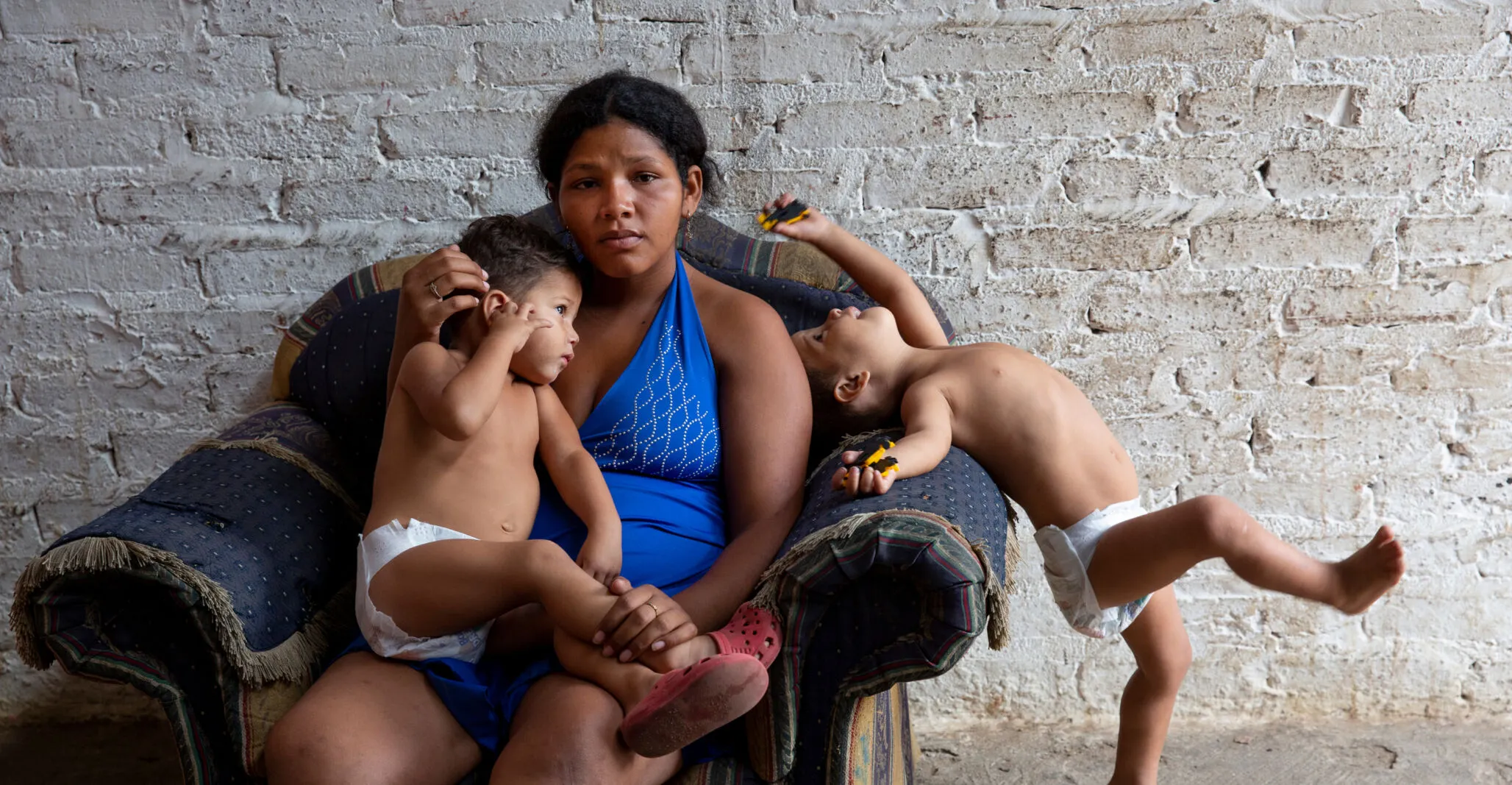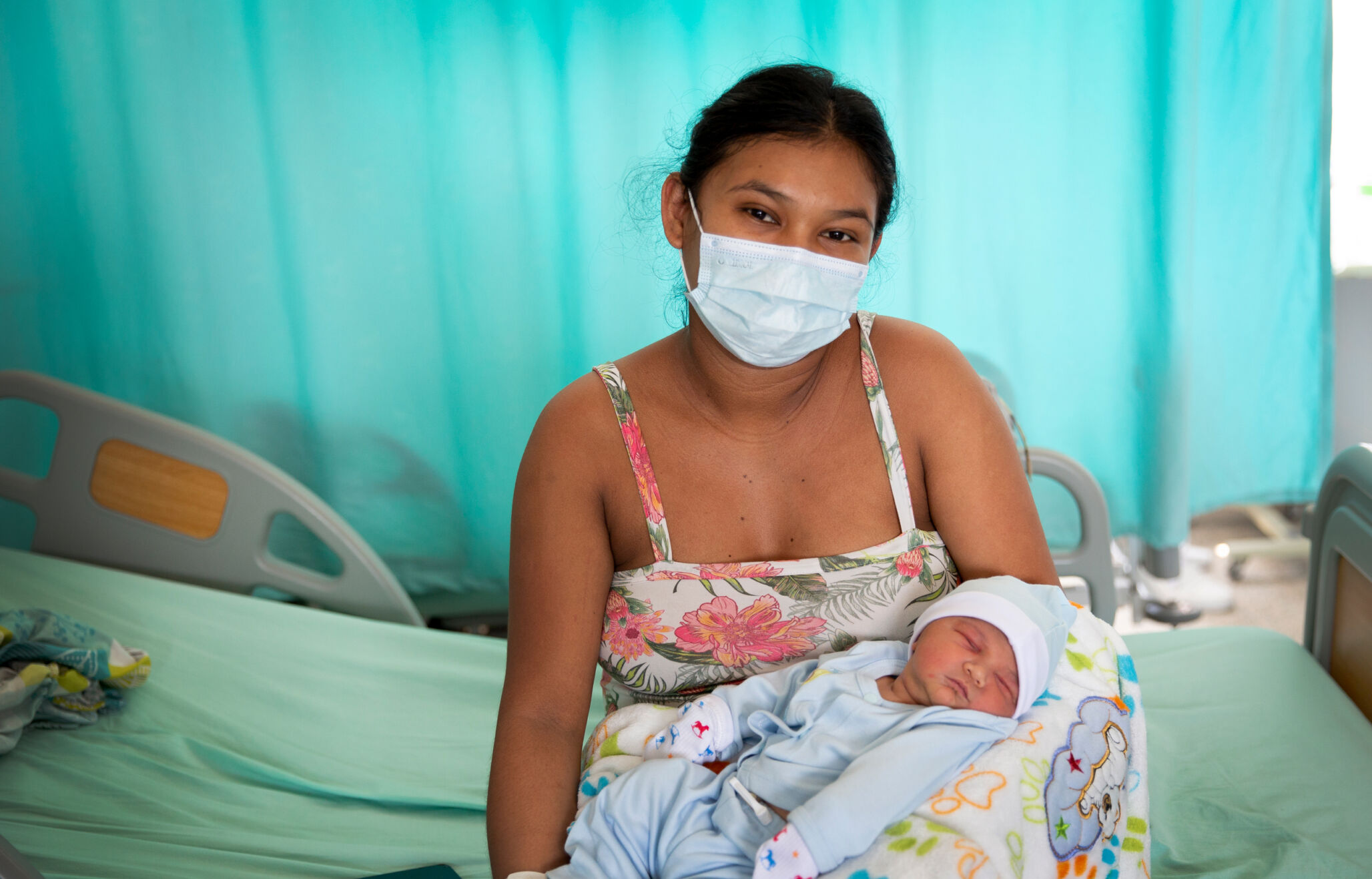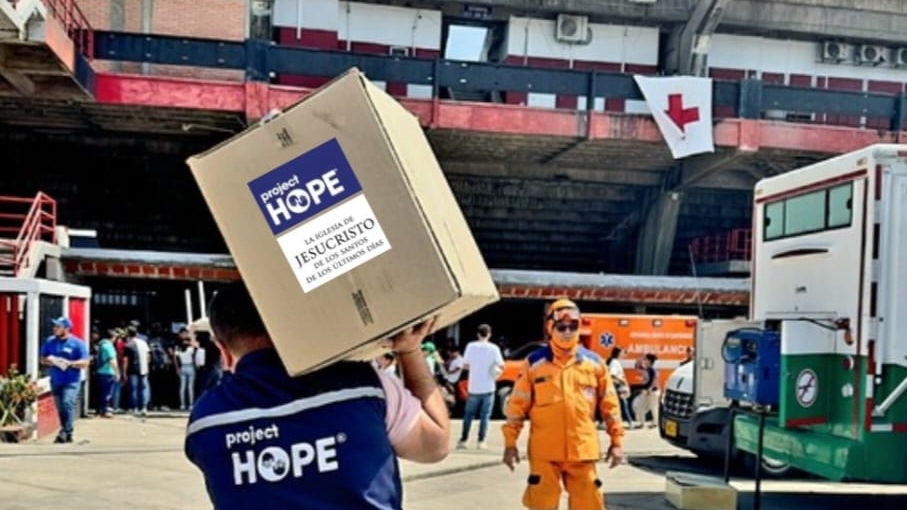

Colombia
Expanding access to health services and psychosocial support for migrants, refugees, and vulnerable host communities and strengthening health systems through health worker education
The Context
Colombia is triply affected by armed conflict, prevalence of natural disasters, and high flows of migration. While the humanitarian crisis in Venezuela has impacted the entire region, Colombia has received the largest number of Venezuelan refugees and migrants. Nearly 3 million Venezuelans have sought refuge in Colombia, including large numbers of mothers, children, and women traveling alone. This does not include the millions that make regular pendular movements or are in transit to other destinations. Health systems near the border need more support to meet the increased need for essential medical services, especially prenatal and maternal health care, and psychosocial support.
Our Impact
Increasing Access to Health & Protection Services for Migrants and Refugees
Maternal Health
Since 2019, Project HOPE has worked in the municipalities of Cúcuta and Villa del Rosario to address the maternal health needs of migrant women and girls. Our work increases access to free and quality health care in partnership with primary, secondary, and tertiary care health facilities and a local community-based organization. By working at the facility and community level, Project HOPE and our partners have established a continuum of care, beginning with reaching women and girls in neighborhoods along and near the border, making safe and appropriate referrals for health services and psychosocial support, ensuring access to health services, and providing follow-up and support.
As part of this programming, Project HOPE provides medical staff surge support to increase access to obstetric and gynecological care; provides pharmaceuticals, medical supplies, and medical equipment; and implements community-based workshops for pregnant women that provide information on prenatal care, available health services, gender-based violence, and regularization pathways. We also provide psychological consultations to pregnant and postpartum women and implement community outreach to increase awareness of available health services through the program.

Essential Health Services, WASH, & Protection
In 2024, Project HOPE launched a project aiming to further increase access to primary health and psychosocial support services for migrants and refugees in the municipalities of Cúcuta and Villa del Rosario and is expanding to the municipality of Convención, affected by ongoing armed conflict. The program will provide support to a network of six health facilities and will include health personnel to provide primary health, OBGYN, and psychological consultations; pharmaceuticals, medical supplies, and equipment; non-food item (NFI) kits, including hygiene and dignity kits; and infrastructure, WASH repairs, and facility rehabilitation.
Training Health Workers in Noncommunicable Diseases and Maternal Health
Project HOPE has partnered with the University Foundation of Health Sciences and the Autonomous University of Bucaramanga since 2020 to develop and deliver virtual Continuing Medical Education (CME) curricula on the prevention, management, and treatment of noncommunicable diseases and on maternal perinatal care for medical doctors and nurses. The curricula have a special emphasis on improving the quality of care for migrant populations, and to date, the programs have trained and certified thousands of medical doctors and nurses with training from departments all over Colombia.
Our History in Colombia
Project HOPE first began working in Colombia in 1995, when we helped establish a regional emergency medical system at the request of local government, health facilities, and university partners. In 2018, Project HOPE deployed an emergency response team to assess the needs of Venezuelan migrants and refugees in municipalities along the border of Colombia in the Norte de Santander department. Today, Project HOPE continues to increase access to health services and mitigate health risks for migrants and refugees as well as vulnerable Colombian host community members in coordination with international and national stakeholders along with local health authorities.



